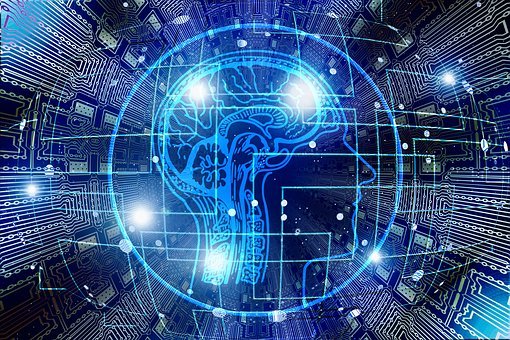Artificial intelligence (AI) has become a significant driving force in the technology industry in recent years. Its widespread adoption across various sectors, including healthcare, finance, retail, and manufacturing, has led to a massive transformation in the way businesses operate and individuals interact with technology.
AI involves the development of intelligent machines that can perform tasks that usually require human intelligence, such as perception, learning, problem-solving, and decision-making. AI technologies can process vast amounts of data and provide actionable insights, automate routine tasks, and enhance productivity and efficiency.
One of the significant impacts of AI on businesses is the automation of tasks that were previously performed by humans. This shift has led to increased productivity and efficiency, reduced costs, and improved accuracy in operations. For instance, businesses can use AI-powered chatbots to interact with customers, reducing the need for human customer support representatives. AI algorithms can also help businesses make better decisions by analyzing vast amounts of data and providing insights that can inform strategic planning and decision-making.
However, the widespread adoption of AI has also raised concerns about its impact on jobs. While automation can lead to cost savings and increased efficiency, it can also lead to job displacement and a shift in the types of jobs available. This trend has led to increased interest in reskilling and upskilling workers to prepare them for the jobs of the future.
On an individual level, AI has also had a significant impact. AI-powered personal assistants, such as Siri and Alexa, have become commonplace, making it easier for individuals to manage their daily tasks, such as setting reminders, making appointments, and playing music. AI-powered recommendation systems have also transformed the way individuals consume media, providing personalized recommendations based on their interests and past behavior.
However, the use of AI also raises concerns about privacy and security. The collection and use of personal data by AI-powered systems have raised concerns about the potential misuse of this data, leading to increased scrutiny and calls for better regulations.
In conclusion, the widespread adoption of AI has transformed the way businesses operate and individuals interact with technology. While it has led to increased productivity, efficiency, and innovation, it has also raised concerns about job displacement, privacy, and security. As AI continues to evolve and become more pervasive, it is crucial to ensure that its development and use are guided by ethical principles and focused on creating positive social and economic impacts.




